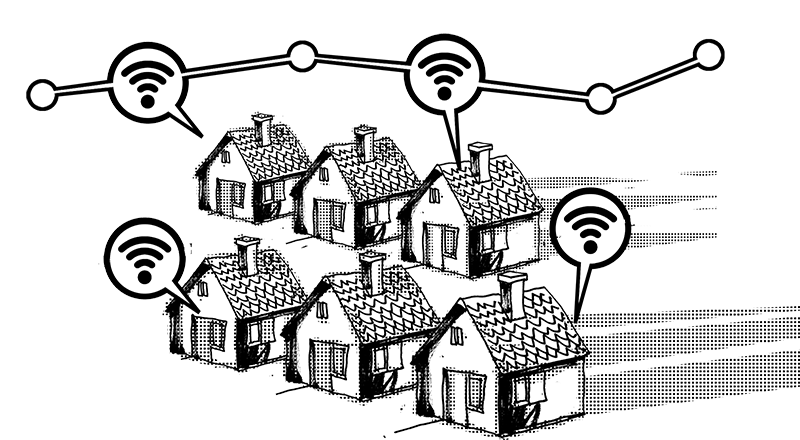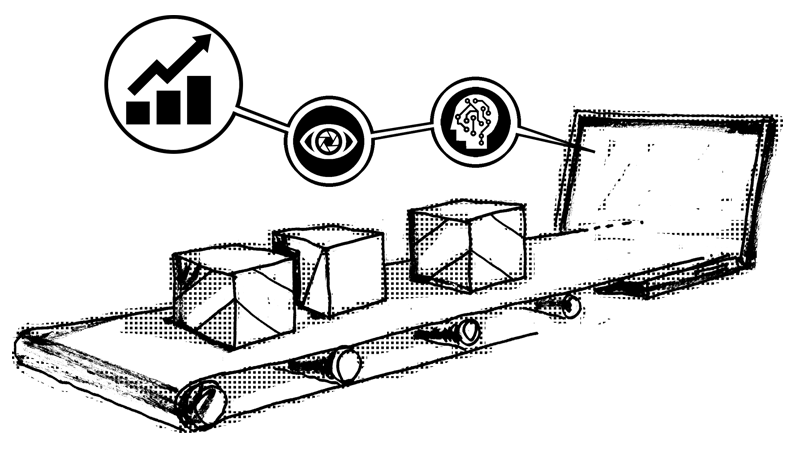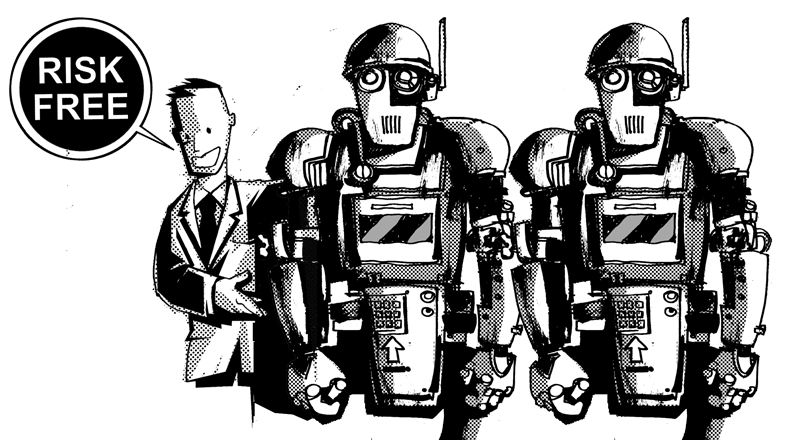Technologies
The rapid expansion of technological innovation in the digital age has led to exciting new possibilities that shape our societies and economies. While these technologies offer unprecedented opportunities for growth and connectivity, they also present unique challenges that require thoughtful regulation and ethical frameworks.
As we continue to explore and develop these technologies, it is important to keep humanism at the centre of our discussions. Technology should serve humanity and promote human values, and any policies and regulations must prioritize the protection of individuals' privacy, dignity, and autonomy. Furthermore, we should consider the impact of these technologies on society, the environment, and the economy, striving to create a future that benefits everyone.

Metaverse
While there is no common understanding or definition of the metaverse, some experts consider it a 3D version of the internet – the concept of metaverse is centred on how users will experience the internet. It is envisioned as a shared and decentralised, persistent, synchronous, and living virtual ...

Quantum computing
Today’s computing systems, although having significantly improved decade after decade, can only solve problems up to a certain size and complexity. More complex issues require advanced computational power, and quantum computing promises to deliver such power....

Internet of things
Have you ever used a digital camera that can send photos via wi-fi, or a smart watch that alerts you when you receive a new email or message? How about home appliances – such as voice assistants – that con...

Cloud computing
Cloud computing caused a shift from storing data on hard disks on our computers to storing it on servers in the cloud. Some examples include your email account which you can access from different devices, and any photos, videos, or documents you store online (even if your account is private)....

Emerging technologies
We live in an era of fast technological progress, with new digital devices, applications, and tools being developed almost on a daily basis. 3D printing, augmented reality (AR) and virtual reality (VR), biotechnology, and quantum technology are some of the most rapidly advancing areas, with many imp...

Blockchain
Digitalisation, e-commerce, and the emergence of e-money in our daily lives made the notion of non-physical currency quite common. Since the early 2000s, the idea of a digital payment system and a digital currency native to the Internet has become very attractive....

Artificial intelligence
ChatGPT has taken the world by storm. It has been covered extensively in the media, became a topic for family dinner discussions, and sparked new debates on the good and bad of AI. Questions that have been asked before now seem more pervasive. Will AI replace us? Are our societies ready to embrac...
Semiconductors
Semiconductors, often referred to as microchips, or simply chips, are an essential component of electronic devices that have become an important part of our everyday life. We can find them in our smartphones, computers, TVs, vehicles, advanced medical equipment, military systems, and countless other...

